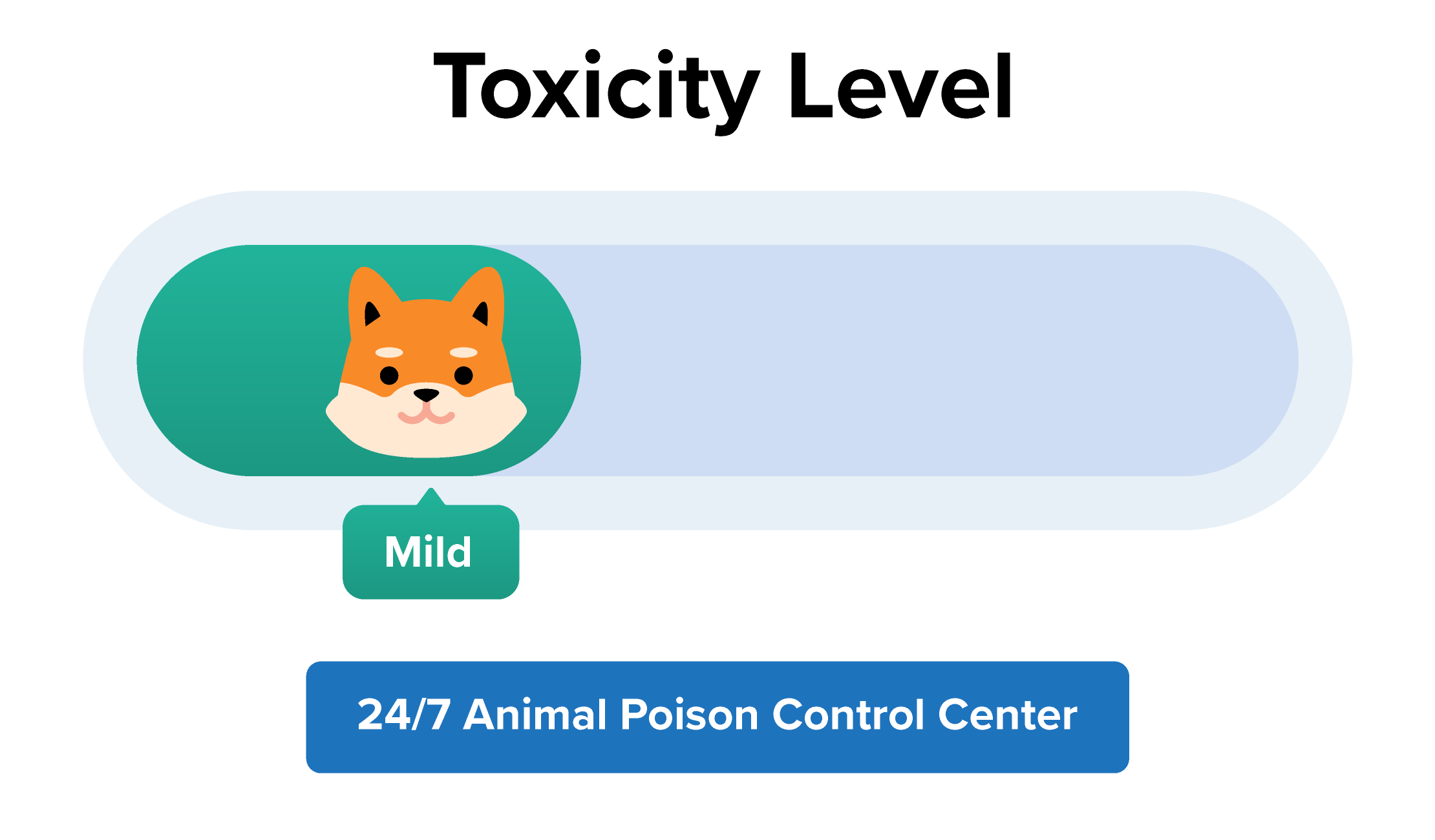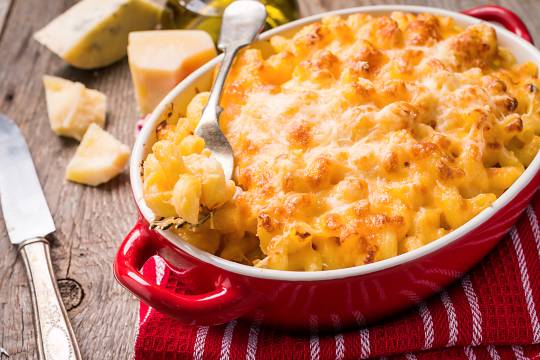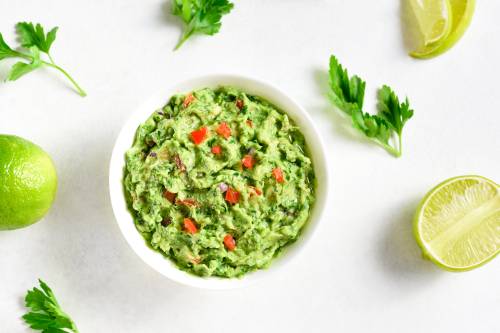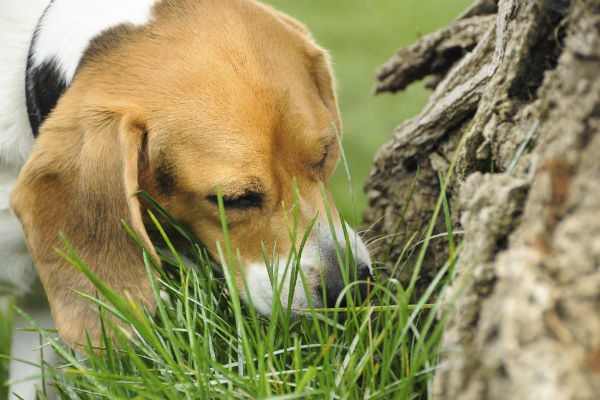Connect with a verified veterinarian in minutes. Licensed vets are available 24/7 to answer your questions. No need to worry about your furry family member.
Dogs love to eat just about anything, especially if they see their pet parents eating it. When you eat mac and cheese, does your dog beg for some, too? Can dogs even eat mac & cheese?
That’s the question we’ll review in this article! Read on to learn whether mac & cheese is good and safe for dogs! Let’s get started.
What is Mac & Cheese?
Mac & cheese is a favorite dish in the US & UK, where it’s considered comfort food. Mac & cheese consists of cooked macaroni pasta covered with a yummy cheddar cheese sauce. This dish may be made from scratch, in the oven (more like a casserole), or it can be made on the stove. What’s more, mac & cheese can also be bought and then prepared at home. The package may contain uncooked noodles and a cheese packet, or you can even find mac & cheese that’s been frozen (you cook it in the microwave).
The general consensus is that mac & cheese is a wonderful dish, especially on a cold day. It can also be an inexpensive meal; however, you can also find mac & cheese in restaurants made with gourmet ingredients!
Mac & cheese may be made with other kinds of cheese, made with meat and other ingredients. This is a very versatile dish that’s a favorite of many in the US & UK.
It’s thought the original, modern recipe for mac & cheese was included in a cookbook by Elizabeth Raffald. The book came out in 1769 and was called The Experienced English Housekeeper. In her cookbook, Raffald included a recipe for Bechamel sauce with cheddar cheese that was mixed with macaroni and sprinkled with Parmesan cheese.
From that time to now, mac & cheese has become a staple in the US and the UK.
Is Mac & Cheese Safe for Dogs to Eat?
Yes, they can eat mac & cheese safely. However, there are some considerations you need to be aware of before serving this dish to your dog.

Review symptoms, medications & behavior to keep your pets healthy with a Vet Online in just minutes.
Ask a Vet Live NowNutritional Value of Mac & Cheese
While mac & cheese is comfort food that’s a favorite with many people, it doesn’t offer much in the way of nutritional value. The dish does contain carbohydrates, protein, and other nutrients. However, it also contains a ton of calories as macaroni & cheese usually are made with milk, butter, and more.
What Makes Mac and Cheese Bad for Dogs?
The very things we love about mac & cheese can make it bad for dogs. Let’s take a look at the ingredients of mac & cheese.
Milk & Butter
Milk and butter are dairy products that can cause digestive issues in dogs and humans. Some humans and many dogs suffer from lactose intolerance. This is a condition where a person or dog may not have the enzyme needed to break down the sugar, called lactose, in dairy products. Without the enzyme, the body is not able to digest lactose. The sugar then builds up in the intestines, leading to diarrhea and vomiting. Oh great!
It’s possible your lactose intolerant fur baby could eat a very small amount of mac & cheese and not get sick. However, if your canine companion eats a larger portion of this dish and he’s lactose intolerant, he could become sick.
Gluten Intolerance & Wheat Allergies
Mac & cheese is usually made with wheat pasta. In most cases, dogs can safely eat this. However, just like us, they can also suffer from gluten intolerance. Another problem is that some dogs are allergic to wheat.
If your dog is gluten intolerant or has wheat allergies, he may have these symptoms if he eats macaroni:
- Diarrhea
- Hair loss
- Skin irritation, rashes
- Itchiness
- Breathing difficulties
- Vomiting
- Abnormal weight loss
- And more
Artificial Ingredients
Another problem with mac & cheese is that it could be made from a box. In that case, the dish usually contains artificial ingredients, such as artificial flavorings, colors, and more. Artificial colors and preservatives are not healthy for humans or dogs. But dogs may experience more trouble if they eat artificial ingredients. Their bodies are not used to these ingredients and can’t properly digest them.
Processed Foods
Mac & cheese that’s made from a box can also be made of heavily processed ingredients. Processed foods have been known to cause allergic reactions, vomiting, diarrhea, constipation, and more in dogs. While these ingredients are not toxic, they can cause digestive upsets in dogs.
Toxic Ingredients
Some types of mac & cheese may also contain onion and garlic, both highly toxic to dogs.
How to Help Your Dog If He Eats Mac & Cheese
If your dog eats a bunch of mac and cheese, he may not become sick. However, if your dog eats an entire serving of macaroni and cheese, it’s possible he could become pretty uncomfortable and sick.
First, if your dog has eaten a lot of mac & cheese, don’t panic. Check the box or recipe to see if the dish included toxic ingredients, such as onion and garlic. If so, call the vet immediately.
Next, if the mac & cheese did not contain toxic ingredients, monitor your dog’s condition and bowel movements. It’s best to stick around the house in case your dog begins to vomit and have diarrhea. Make sure your fur baby has access to plenty of fresh water to keep him hydrated.
Finally, if your dog’s vomiting and diarrhea continue longer than 12 hours, it’s best to call the vet. It’s possible your canine companion could have an undiagnosed condition such as gluten intolerance or wheat allergies. What’s more, continuous vomiting and diarrhea can lead to dehydration.
The good news is the vet has medications that can be used to stop your dog’s vomiting and diarrhea. And if your fur baby is dehydrated, the vet will give your dog an IV. The vet can also provide medications to help decrease irritation of the dog’s digestive tract, allergic reactions, and more.
Summing It Up
While mac & cheese is a great dish, it can make a dog sick, especially if he has certain medical conditions. However, if your dog is otherwise healthy, a small bite of mac & cheese will do no harm. Even so, never feed mac & cheese to your dog on a regular basis. It’s just not healthy for our canine companions!
Connect with a verified veterinarian in minutes. Licensed vets are available 24/7 to answer your questions. No need to worry about your furry family member.

Kyoko
Kyoko is from a family of 3 and moved to New York with her parents and siblings when she was 13. Kyoko is fond of spending a great amount of time with pets, specifically her beagle Luna and cat Missy. Her boyfriend often complains that she spends too much time giving attention to their animals. Kyoko has written dozens of articles concerning pets and is aiming at owning a pet shop one day!
Review symptoms, medications & behavior to keep your pets healthy with a Vet Online in just minutes.
Ask a Vet Live Now





